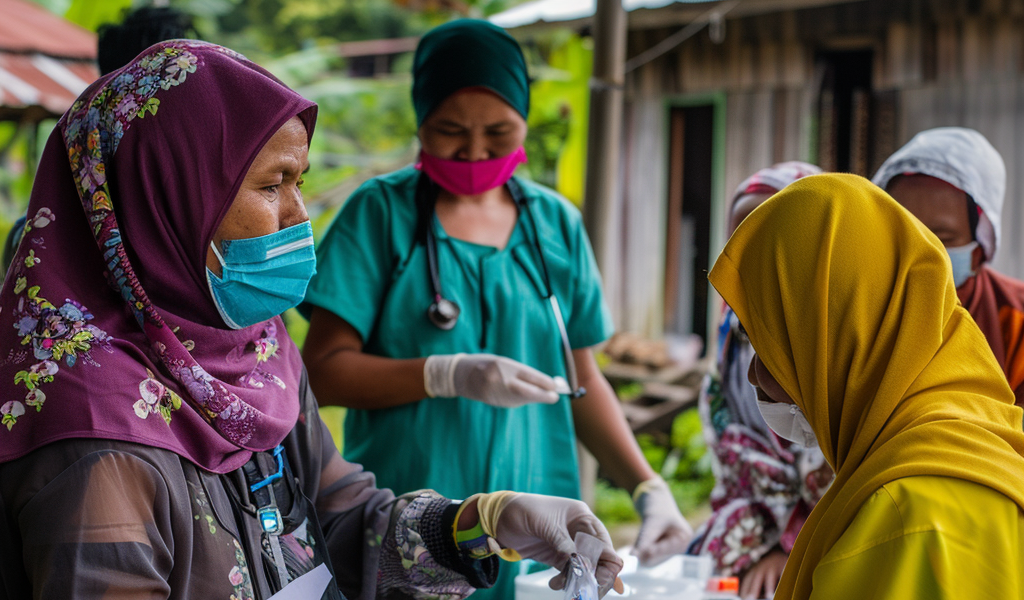Indonesia has seen a decrease in malaria cases, but it still holds the position of the second-highest in Asia, following India, as reported by the Indonesian Health Ministry. In 2023, the number of malaria cases in Indonesia dropped to 418,546 from 443,530 in the previous year, indicating a positive trend in the fight against the disease.
The World Malaria Report 2023 by the World Health Organization highlighted that India and Indonesia together contribute to about 94 percent of total malaria deaths in the Southeast Asian region. Despite the decline in cases, Indonesia’s malaria situation remains a significant concern.
The director of prevention and control of infectious diseases at the Indonesian Health Ministry, Imran Pambudi, emphasized the importance of continuous efforts to combat malaria. He noted that over the past decade, Indonesia has observed an increasing trend in malaria cases, with only 217,025 cases reported in 2015.
Pambudi attributed the rise in detected cases to improvements in malaria registration and surveillance systems, as well as the effectiveness of ‘malaria cadres’ in identifying cases in hotspot areas. In 2023 alone, approximately three million malaria tests were conducted, particularly focusing on endemic regions.
The government’s malaria elimination program has shown progress, with the successful achievement of national targets in several districts and cities. In 2023, the aim was to eliminate malaria in 385 regions, surpassing the goal by accomplishing elimination in 389 areas.
This year, the government aims to target 405 regions, with 393 districts and cities already declared malaria-free as of March. Efforts will continue to eliminate malaria in regions with low case numbers, especially in the eastern parts of Indonesia, which are considered endemic.
Health Ministry data revealed that a significant portion of malaria cases, 369,119 out of 418,546, were concentrated in provinces like Papua, Central Papua, South Papua, and Papua Pegunungan. These regions, along with those in Nusa Tenggara, have been identified as major contributors to Indonesia’s malaria burden.
With a focus on regions with high malaria prevalence, the government remains committed to eradicating the disease and ensuring the well-being of its population. Continued vigilance and targeted interventions are essential in the ongoing battle against malaria in Indonesia.





